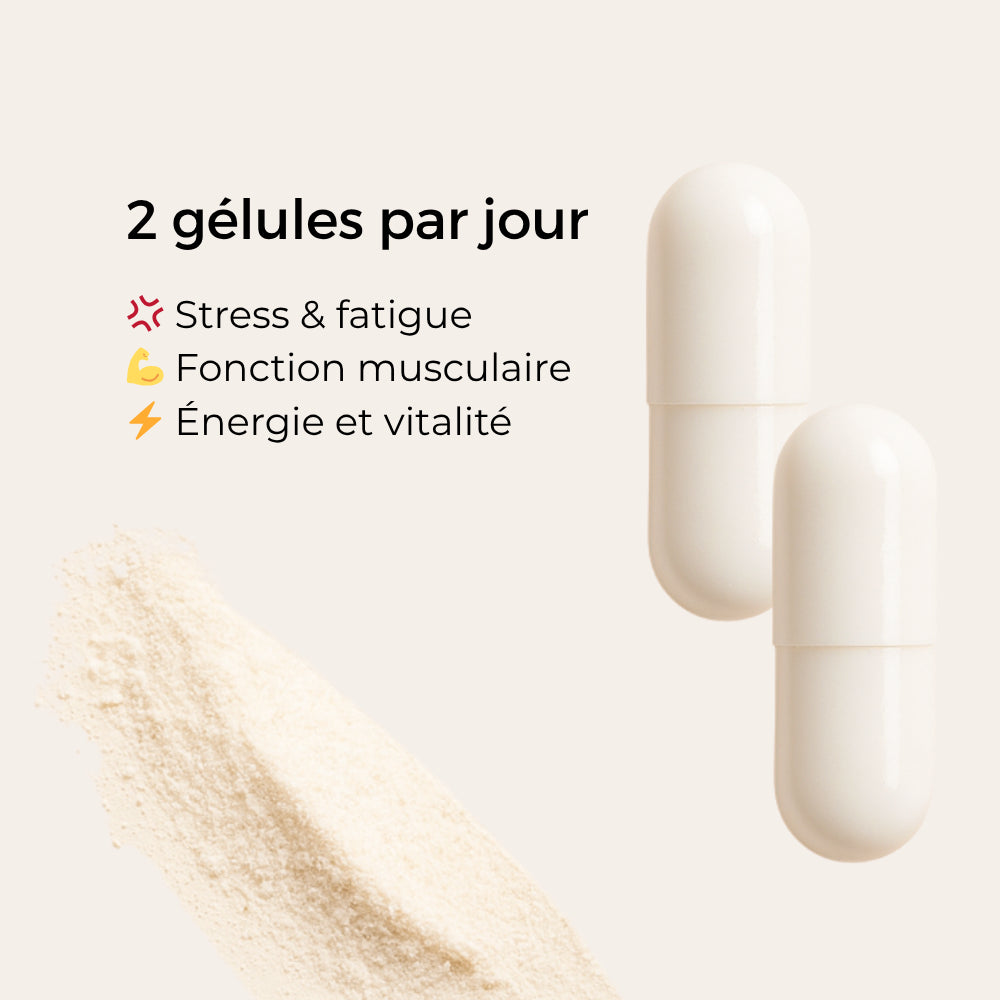
Daily Habits That Help You Stay Calm
In a world where daily pressures are mounting, staying calm can seem like a daunting challenge. Yet, simple adjustments to our daily routine can make a big difference. Here are some effective habits, based on research and proven practices, to help you regain serenity and well-being.
-
Create a Soothing Morning Routine
The first few hours of the day are crucial for establishing a calm state of mind. Start your day with calming activities such as meditation, deep breathing exercises, or gentle stretching. These practices can reduce levels of the stress hormone cortisol and prepare you to face the day with serenity.
Helpful tip : Set aside at least 10 minutes each morning to center yourself. Use a guided meditation app if you're just starting out.

-
Practice Regular Physical Activity
Regular exercise is a natural way to calm the mind. Physical activity releases endorphins, often called "happy hormones," which help combat stress. Whether it's a walk, a yoga session, or a jog, find an activity you enjoy.
Tip : Try mindful exercises, such as yoga or tai chi, which combine movement and meditation.
-
Adopt a Soothing Diet
What we eat directly influences our mood. Incorporate magnesium- rich foods, such as walnuts, spinach, and bananas, to reduce anxiety. Omega-3s, found in oily fish and flaxseeds, also support mental health.
Avoid: Limit processed foods and fast sugars, which can cause energy fluctuations and irritability.

-
Reduce Screen Time
Screens, especially those on phones and computers, can aggravate stress. The blue light emitted by these devices disrupts sleep and can increase anxiety levels.
Action : Turn off non-essential notifications and take a digital break of at least one hour before bedtime.
-
Incorporating CBD into Your Routine
Cannabidiol (CBD), extracted from hemp, is increasingly recognized for its relaxing effects. Unlike THC, CBD has no psychoactive effects, meaning it does not cause euphoria. It works by interacting with the body's endocannabinoid system, which plays a key role in regulating mood and stress .
Objectives of CBD :
Reduction of anxiety
Improved sleep quality
Reduction of muscle tension
How to use it? CBD is available in several forms: oils , capsules, confections (gummies and sweets), or balms. To begin, choose a sublingual oil with a moderate concentration and gradually increase as needed. Always consult a healthcare professional before incorporating CBD into your routine.
-
Practice Gratitude and Positivism
Keeping a gratitude journal is a simple yet powerful way to cultivate serenity. Each day, write down three things you are grateful for. This can help shift your perspective and reduce stress.
Example : "Today I am grateful for: a pleasant walk, a good meal, and a call with a friend."

-
Maintain Regular Sleep
Lack of sleep worsens stress and irritability. Adopt a consistent bedtime routine and make sure your bedroom is conducive to rest.
Tip : Avoid caffeine and screens at least two hours before bed. A warm bath or herbal tea like chamomile can help you fall asleep.
-
Hydration and Breathing
Adequate hydration supports brain function and reduces fatigue, two important factors for staying calm. Complement this habit with deep breathing exercises throughout the day to better manage immediate stress.
Staying calm every day isn't a luxury, but a necessity for maintaining your mental and physical health. By adopting these habits, you can gradually reduce stress and improve your well-being. Try introducing one or two practices into your routine today and see the benefits. Remember, every little step counts!

























